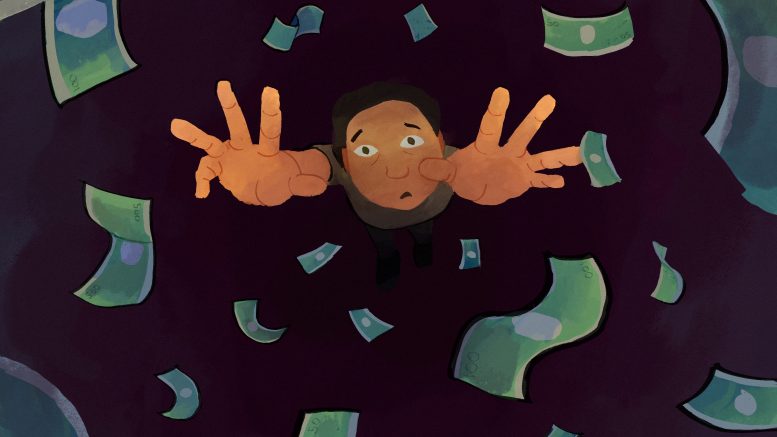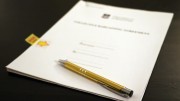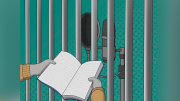When driving to campus, I usually wallow in self-doubt or think about my thesis. I will also have the radio playing in the background, the same pop songs rotating to the point that they all sound the same to me. On one such drive to campus, I heard about 103.1 Virgin Radio’s “Destroy Your Debt” contest.
According to its official website, listeners who are interested in participating can send a message to Virgin Radio and enrol in the contest. Listeners could tune in for the “keywords to freedom” at regular intervals and enter those words for a chance to win.
Contests like these are not new, and neither is this one special. But what stood out to me was the way this was phrased. Financial freedom is a very ambiguous term because it means different things to different people. For some, it is living debt-free, while for some it is owning a house. For those who are in extreme poverty, being able to live from paycheque to paycheque is financial freedom.
But the word “freedom” suggests a sense of ultimate autonomy over everything and everyone. It indicates a life free from all kinds of capitalist societal restrictions and regulations. If you win the contest, you will probably pay off your mortgage and your student loan, or you will invest your winnings in a plan your financial advisor suggests you do. But is that enough? Are you truly free?
According to Guy Standing, economist and professor, almost everyone in the world has plunged into a social class named “the precariat.” These people occupy a vulnerable economic position in society, often forced to work temporary contract and casual positions with no promise of a stable income.
You and I, reader — if you are a student — are one missed student loan payment away from becoming a part of the precariat. In relation to the state, the precariat class loses rights by having to plead for everything. Mental or physical illness and disability, war and natural disasters are other forces that can push people into precarity. Without the health benefits of full-time jobs, the precariat are forced to pay out of pocket for necessities.
Migrant and part-time workers belong to the precariat class, and so do the employees of big corporations who may get laid off any day. Single parents, artists and people who are forced into prisons belong to the precariat class. Social, psychological and physical well-being for those who belong to the precariat class are inaccessible due to the constant alienation they face.
According to a 2019 Statistics Canada study, between 2010 and 2015, 40 per cent of bachelors degree holders and 39 per cent of master’s students in Manitoba owe $25,000 or more by the time they graduate. This number is staggering considering, even if they are employed, these students will likely always belong to the social class of the precariat.
In 2021 a hockey game in the U.S. featured school teachers scrambling for dollar bills from a pile valued at roughly $5,000 spread on the ice. These teachers were struggling to grab as many bills as they could fit in their clothes so that the money could be used to fund their classrooms. The event was called “Dash for Cash,” and it felt dystopian when I first heard about it. Yet, are we surprised?
Students and educators are constantly living in fear of becoming the precariat. Some of us already are. Those who belong to the precariat class have the right to work, but not the right to participate in political life with dignity. Sound familiar?
So when so many threats are looming over your head, would you enrol in a contest like “Destroy Your Debt,” or would you let living under capitalism radicalize you?





